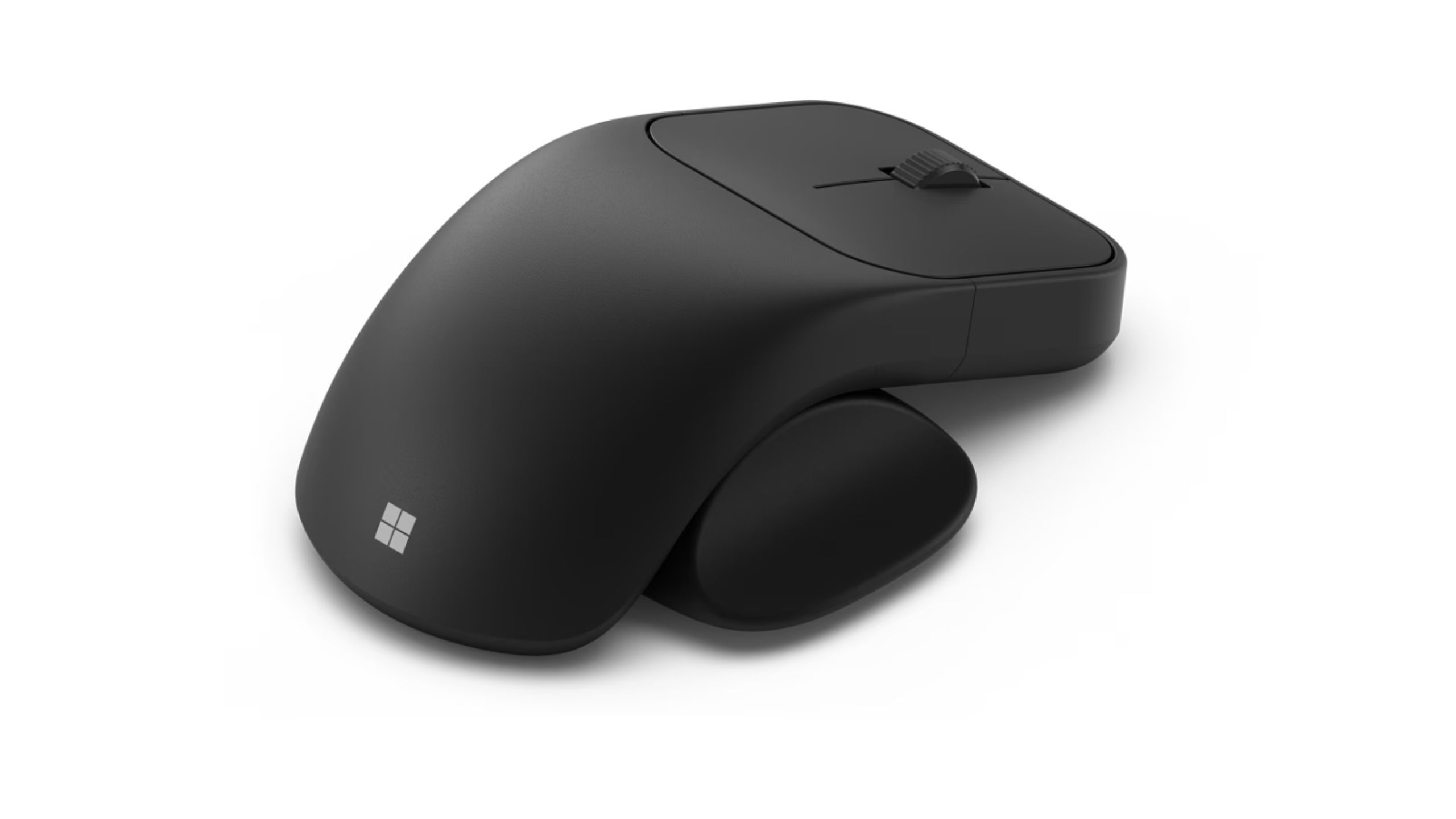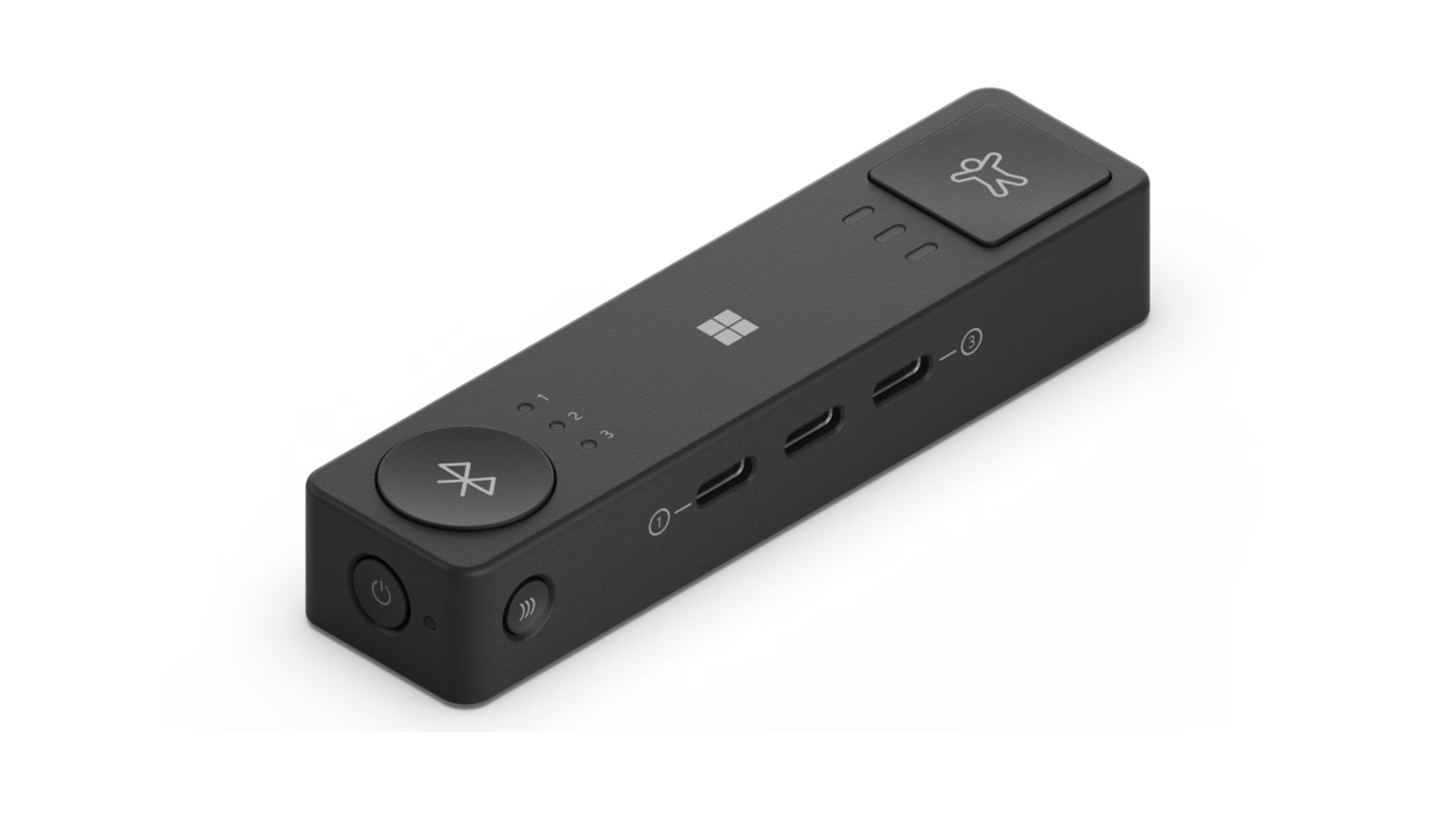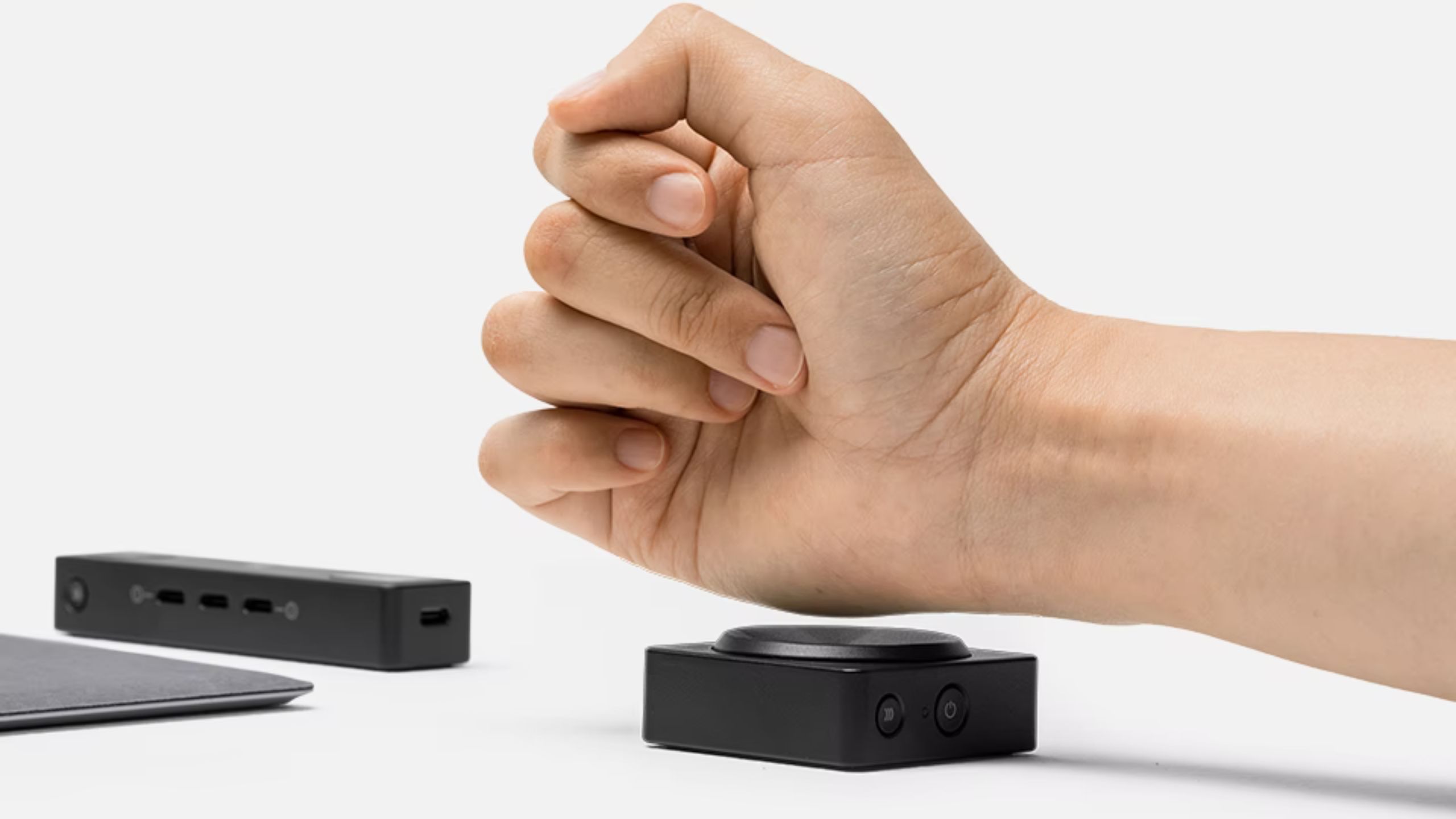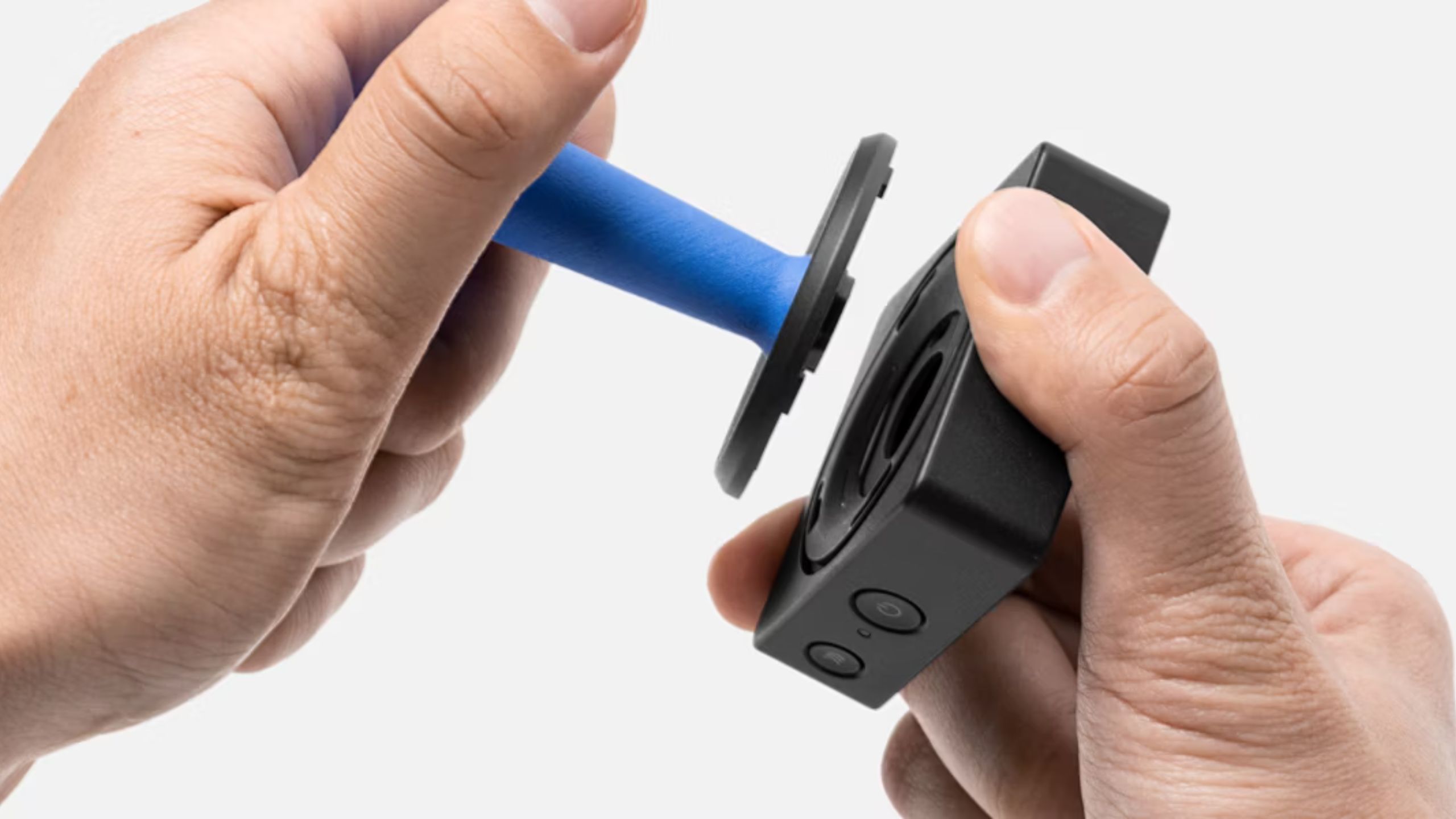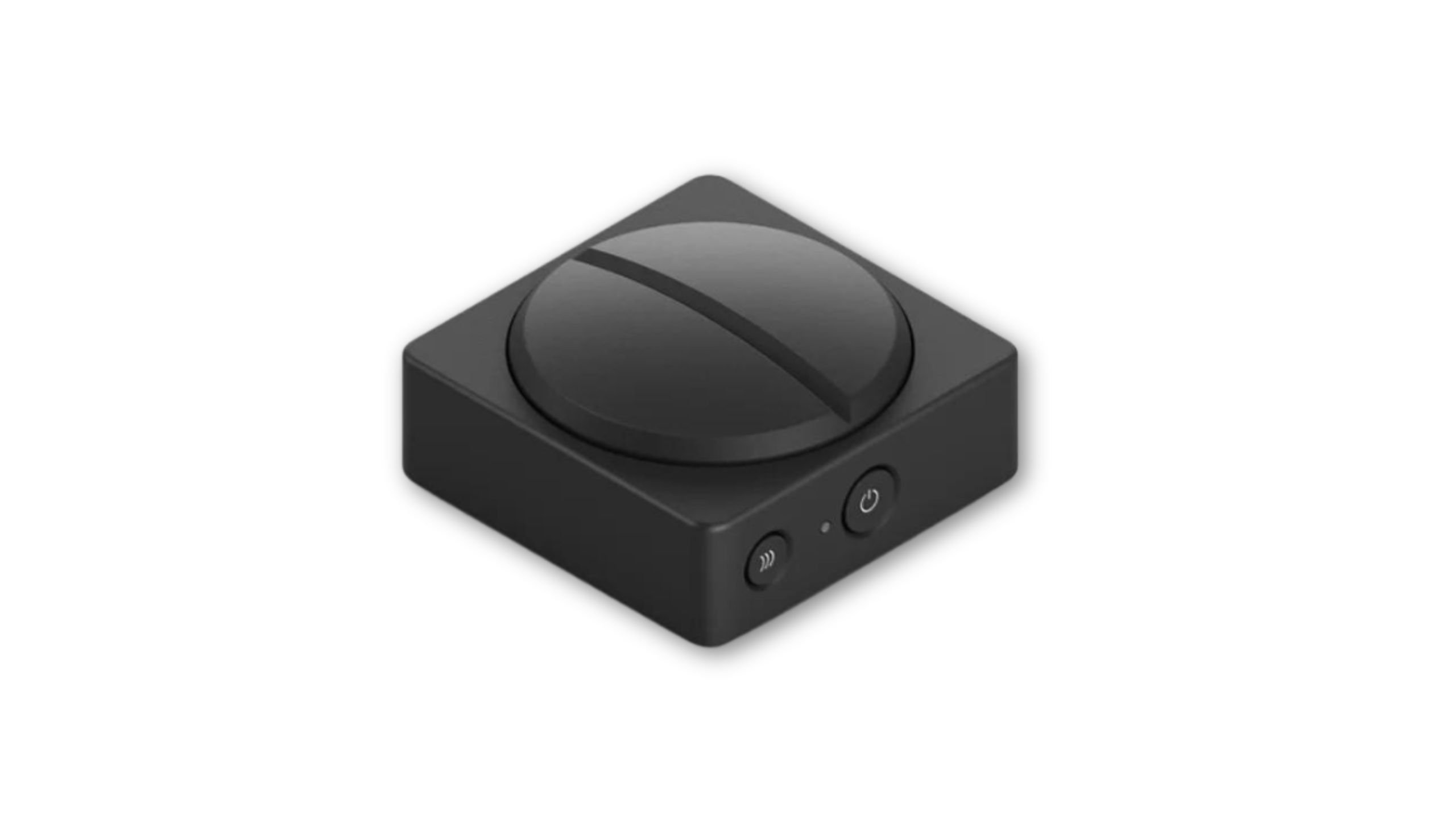Main points
- Microsoft’s adaptive accessories meet different accessibility needs for work and play.
- The adaptive mouse with thumb support offers a comfortable alternative to traditional mouse designs.
- Adaptive Hub simplifies device connection, while Adaptive Button provides customizable macro functionality.
No two people are exactly the same, so why do all computers and gaming accessories adhere to a strict default design? Some people are able to adapt and adjust these traditional tools, but for many people with different accessibility needs, injuries, or chronic pain, this is not the case. For them, a standard keyboard and mouse may be painful or ineffective to use, leaving them with few alternatives.
Microsoft is becoming increasingly accommodating to those who need or simply prefer alternative accessories for their devices. The March 21 event, titled “A New Era of Work,” highlights the expansion of Copilot into Windows and Surface business products.
These six pieces of hardware are designed to allow anyone to completely customize their workstation to make it as comfortable and productive as possible.
In addition to many other exciting advancements, Microsoft has released updates to its line of adaptive accessories aimed at business customers. These six pieces of hardware are designed to allow anyone to completely customize their workstation to make it as comfortable and productive as possible. These devices can be used in conjunction with existing hardware or as drop-in replacements.
You can pre-order the new assistive devices now directly from Microsoft, with prices starting at $14.99 for the Adaptive Mouse Tail and $99.99 for the Adaptive Hub. Deliveries begin on April 9th. Anyone can benefit from more choices, so let’s dive into each of these accessories to learn more about their uses and how they can benefit you.
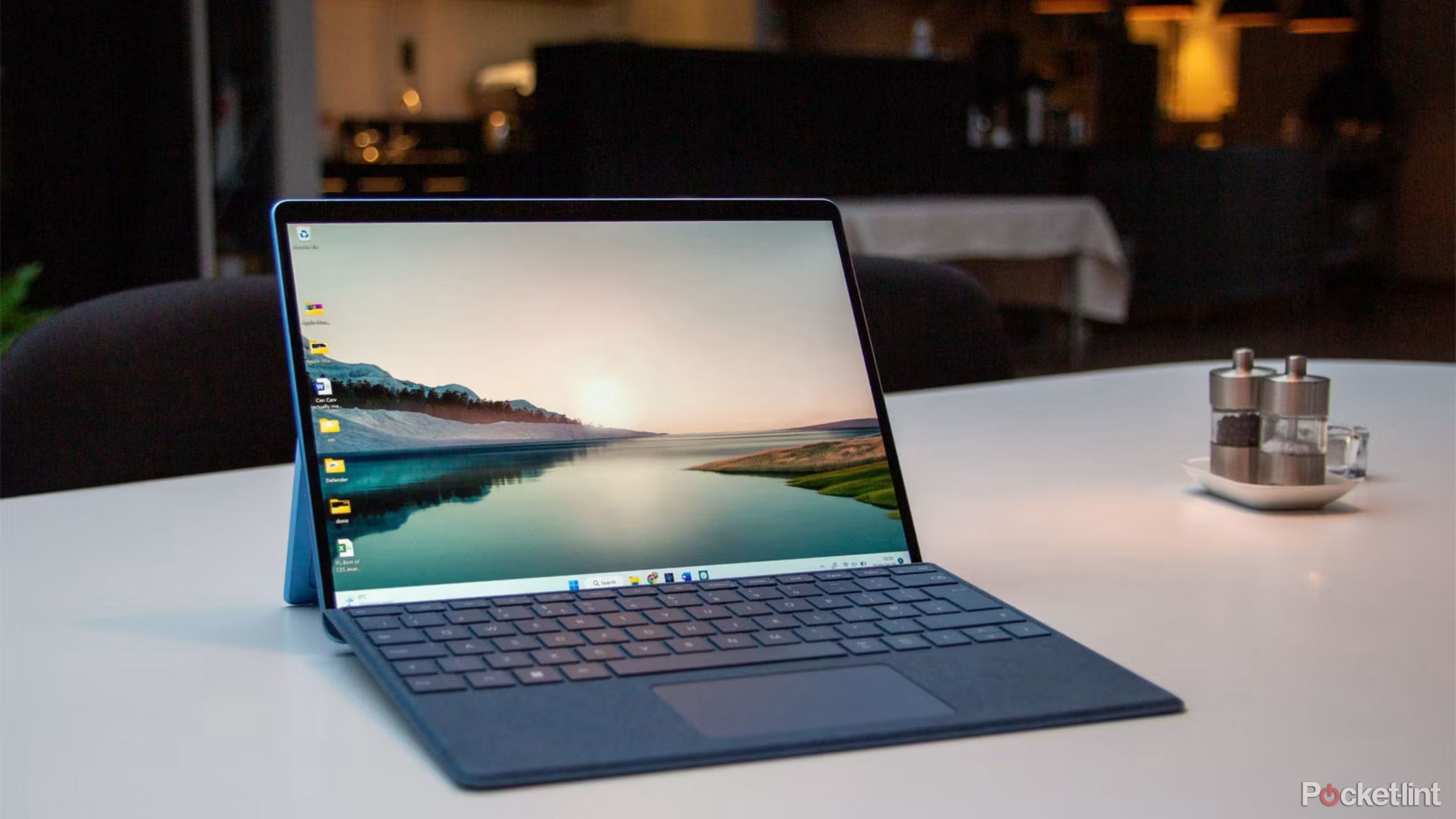
Microsoft confirmed that the Surface event will be held on March 21st.Here’s what to look forward to
According to reports, Microsoft plans to make a small update to the Surface Pro, a larger update to the Surface Laptop, and introduce new AI features to Windows.
1 Adaptive mouse
Smooth navigation improvements
Microsoft
Technically, there are two of six products here. Adaptive mouse and adaptive tail and thumb support. Since one is dependent on the other, I think it makes sense to discuss them together. The centerpiece is the Adaptive Mouse itself, a small, flat mouse that can connect wirelessly or via USB-C. This design offers an alternative to the traditional mouse form factor and may be more comfortable for some people.
The adaptive mouse tail and thumb support combine with the core to look more like a standard mouse but put much less stress on the wrist by default. The thumb support provides extra comfort to reduce fatigue and can be switched to either side to accommodate right- and left-handed users. You can also design the exact shape you want with personalized 3D models provided by Shapeways.
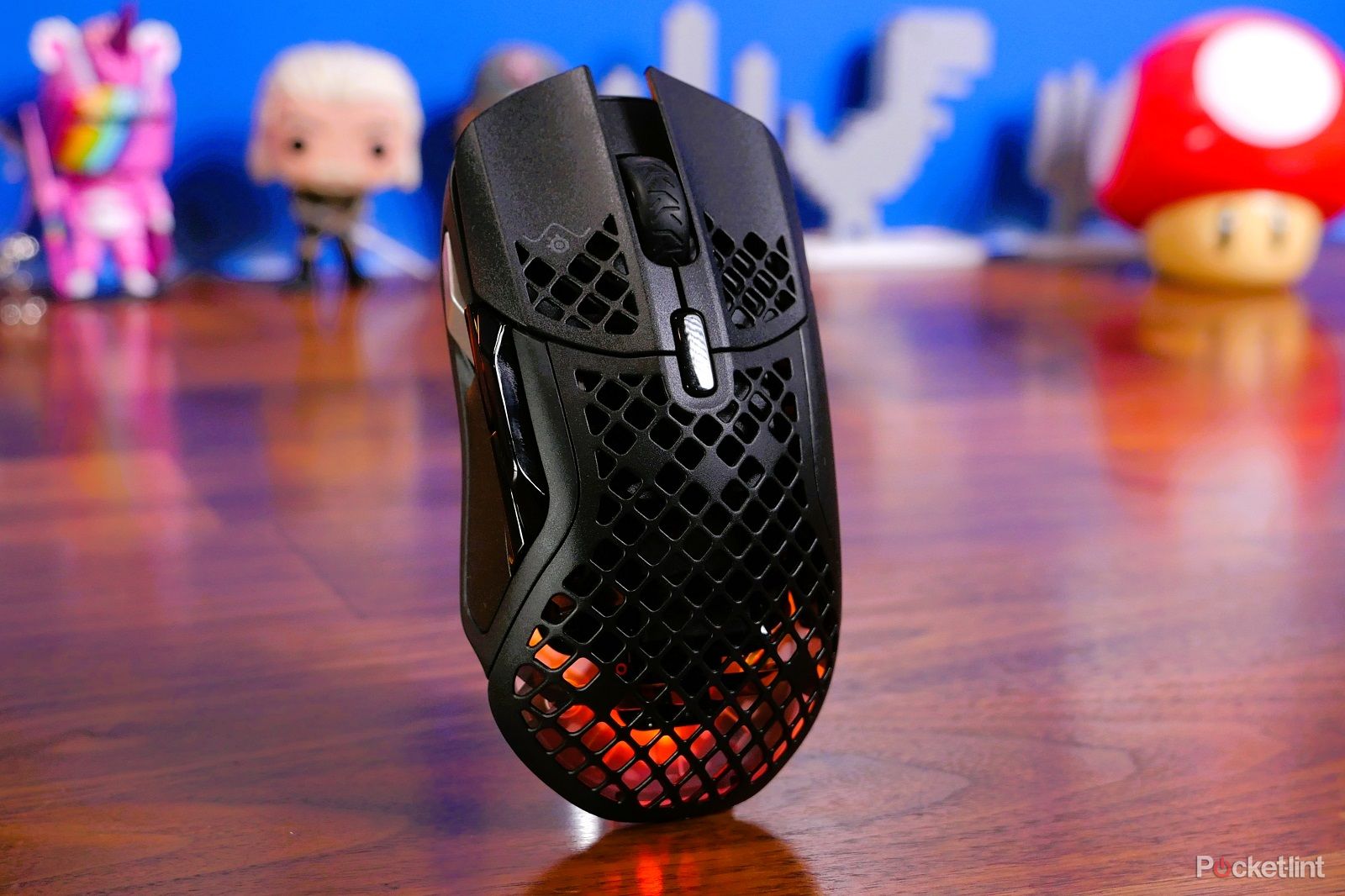
Best Gaming Mouse: Tested and Reviewed by Experts
We tested all the top gaming mice to see which ones are the best, taking into account everything gamers love most.
2 adaptive hub
Bring it all together
Microsoft
Regardless of whether you invest in any accessories, everyone eventually runs into port issues. The Adaptive Hub allows you to connect up to three wireless devices, three USB-C, or four wireless Adaptive Buttons (more on that later). The hub itself is battery powered, so it doesn’t need to take up more plugs on its own.
For those who work with more than just a single keyboard and mouse, the appeal of the Adaptive Hub is obvious. Managing cables and finding ways to connect all your devices can be a nightmare, especially if you have to move between job sites. The Adaptive Hub shines when combined with other products in the range and could become a handy tool for everyone.
3 Adaptive directional pad button
The most intuitive usability
Microsoft
The first of three adaptive buttons used with the Adaptive Hub is designed to resemble the large D-pad on a game console controller. If you’re not familiar, there are usually four separate buttons representing each direction, such as arrow keys, or in this case a circular keyboard with diagonal input.
The D-pad and arrow keys are very small and require a high degree of finger dexterity to use them as intended, which some people simply don’t have. Even for those who do, performing so many fine movements can cause instant cramping and discomfort in the hands. This would be a great tool for gaming, but it can also be programmed using macros, so you can assign functions that normally require multiple inputs and execute them with a single click.
4 Adaptive joystick buttons
An old-fashioned approach for optimal functionality
Microsoft
As controllers have evolved, joysticks have evolved from full-hand devices to thumb-only devices. Again, this excludes many people who can’t manipulate their hands to that degree. For them, using their whole hand to navigate is the only option, and I don’t need to tell you that joysticks are not that common nowadays except for very expensive arcade sticks.
As with all adaptive buttons, you can also assign macros to the joystick for functionality outside of gaming, and it requires Adaptive Center for usability.
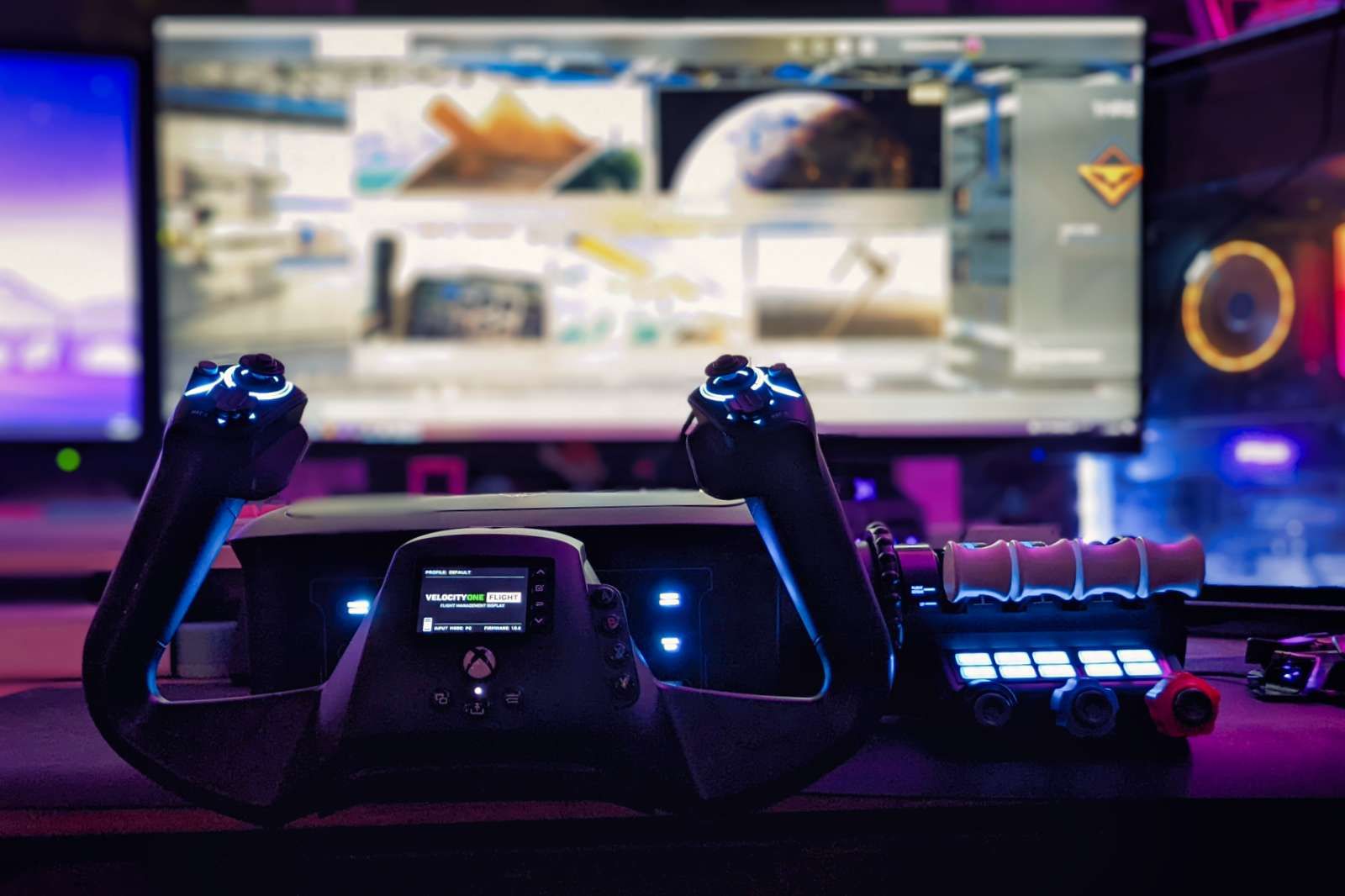
Best Joysticks: Amazing gaming joysticks for mastering flight simulators and more
If you’re really into games like Flight Simulator, you’re going to want a joystick to control it.
5 Adaptive dual buttons
two big buttons
Microsoft
The last adaptive button in the Hub series is the simplest but rare accessory. The dual button looks almost identical to the D-pad, except it has two buttons side by side instead of a circular keyboard. You can think of it as two mouse buttons separate from the mouse itself.
A big focus across the entire product line is making small inputs easier to use, and mouse buttons are the smallest and most uncomfortable for people regardless of accessibility needs.
This is where I see this button shine the most. A big focus across the entire product line is making small inputs easier to use, and mouse buttons are the smallest and most uncomfortable for people regardless of accessibility needs. For example, separating buttons from the mouse makes it easier to select items without accidentally moving the cursor. Again, you can macro these buttons as needed.

Copilot: Everything you need to know about Microsoft AI
Microsoft’s AI leverages the capabilities of GPT-4. It’s available in Bing, Edge, Windows, and has a Pro version. Here’s what you need to know.
FAQ
Q: What are macros?
Macro is a technical term that basically means combining an entire series of actions into a single button press. If you need to perform a series of actions frequently in the exact same way, you can create a macro for the series of actions and execute them by clicking the button that applies the macro, instead of having to do it manually each time.
